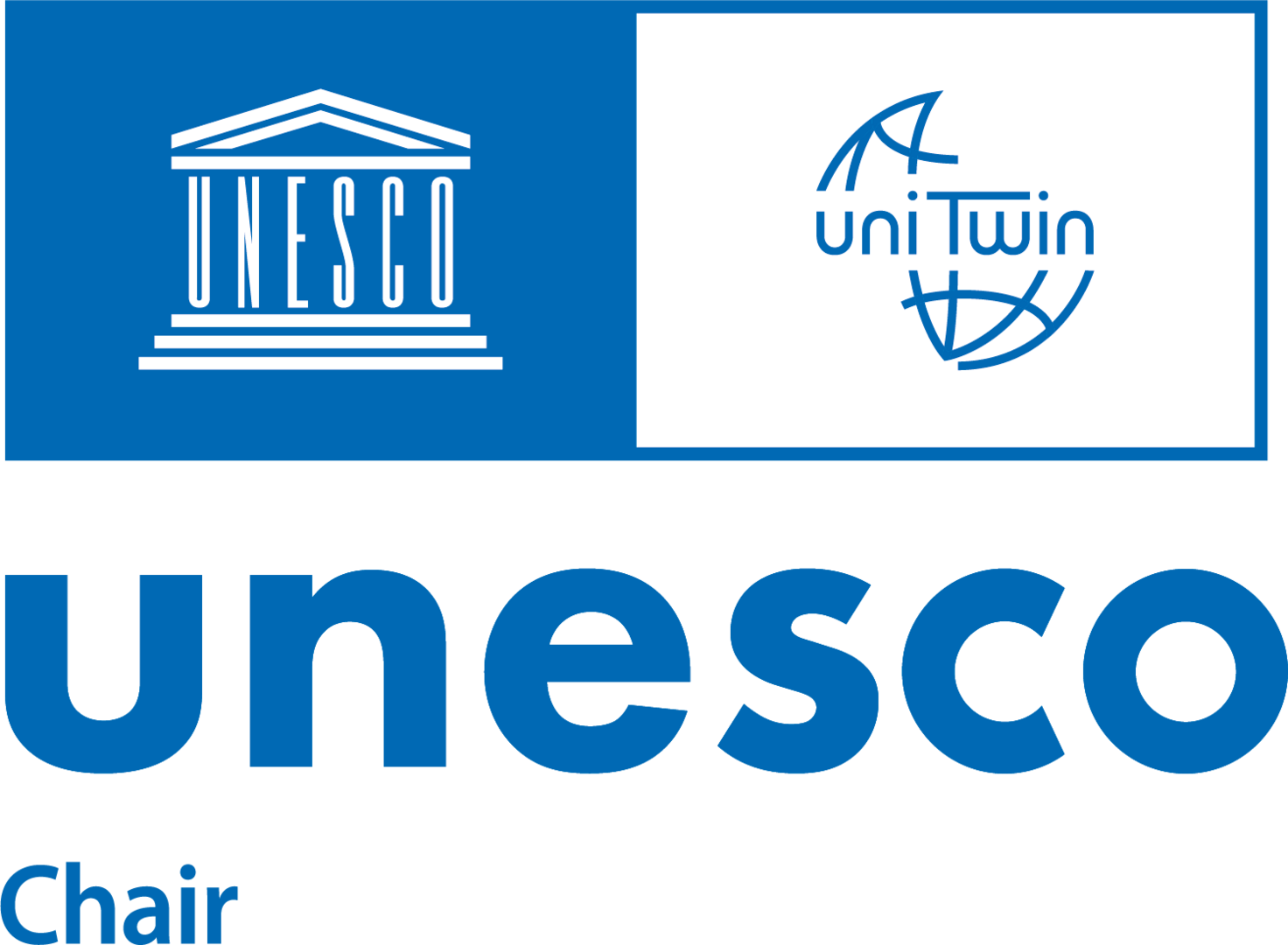About
UNESCO Chair in Water Conflict Management
at Ludovika University of Public Service (Ludovika-UPS)
Objectives
The knowledge of how to prevent, manage and resolve water conflicts at national and international level will be critical for the prosperity and stability of any nation in the 21st century. The newly established UNESCO Chair in Water Conflict Management at Ludovika-UPS aims to address these challenges by seeking to meet four objectives related to water conflict management and diplomacy:
(1) Facilitate international cooperation on, and provision of, education and training in this field,
(2) Promote an integrated, interdisciplinary approach to the research and scientific collaboration at national and global levels,
(3) Increase accessibility of scientific information to make science open to the whole society, and
(4) Promote water culture and water ethics at all levels.
Through its operations, the Chair will strive to contribute to the achievement of UNESCO’s mission and mandate – primarily peace, inter-cultural dialogue, and scientific collaboration – as well as the UN Sustainable Development Goals (SDGs), given that water is a cross-cutting theme among all SDGs.
Activities
The Chair’s objectives are envisaged to be met through:
(a) Networking of universities, research and other institutions and individuals (students, researchers and teachers, decision- and policy-makers, water professionals), dealing with water diplomacy and conflict management,
(b) The partners’ collaboration to advance scientific research and higher-education training, and hence increase the society’s awareness and knowledge, on: (i) complex water problem solving, (ii) strengthening of hydro-political resilience of the systems of international water governance, and (iii) prevention, resolution or management of water conflicts by applying tools of water diplomacy, and
(c) The partners’ promotion of inclusive and evidence-based water governance and management, based on improved scientific data, research, knowledge, capacities, appropriate tools, bridging the science-policy-society interfaces, and gender equality.
Expected outputs
The Chair will deliver the following outputs related to water diplomacy and conflict management:
· Education (i.e., Master Programme on International Water Governance and Water Diplomacy, and training of researchers through the Doctorate in Water Sciences),
· Research and knowledge building among teachers, researchers, students, decision makers and water professionals (teaching programs for postgraduates, scholarships for students, technical training programs and vocational guidance, research, workshops, conferences, and publications),
· Academic exchange (visiting professorships, research fellowships, academic mobility facilitation),
· Dissemination of information to the public concerned and the wide public (publications, events, website, and social media outputs), and
· Partnership / cooperation agreements (as applicable).
